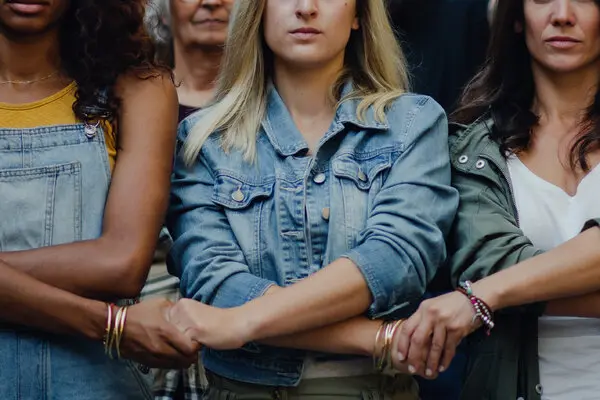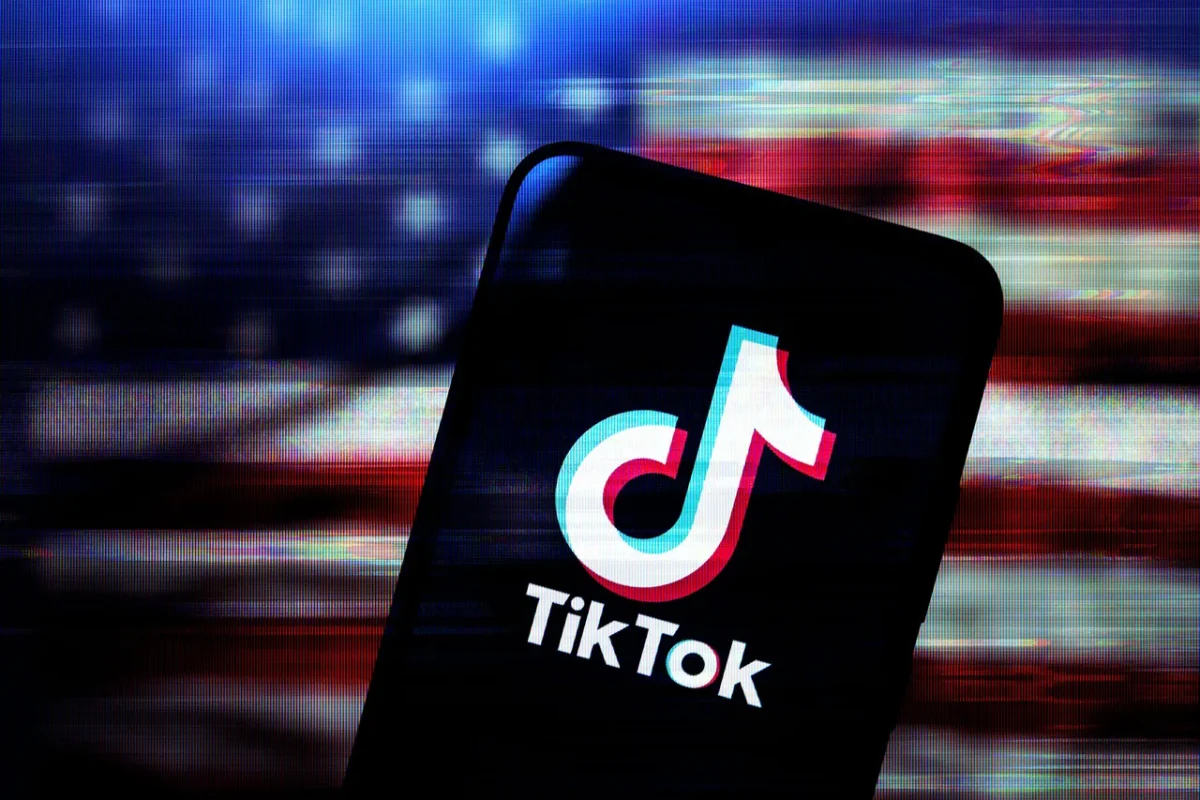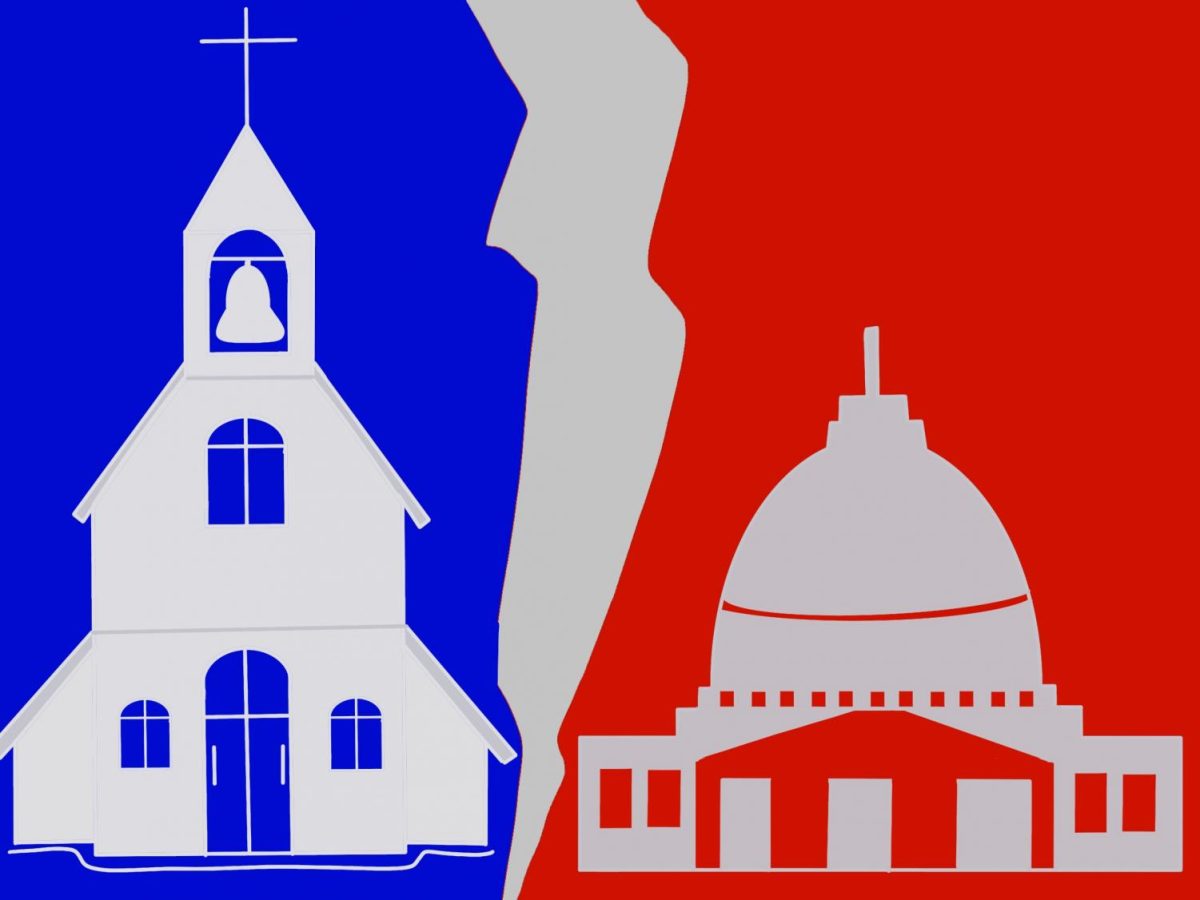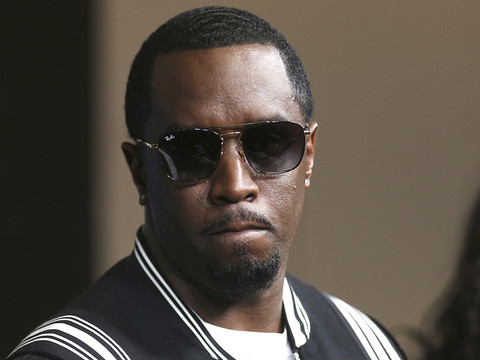These past few weeks have been tumultuous, to say the least, and in the midst of doomscrolling on social media, one phrase has stuck out to me: “4B movement.” Following the recent U.S. election, the South Korean movement has been gaining traction with American audiences.
But what is 4B?
4B stands for four Korean words: bihon, bichulsan, biyeonae, and bisekseu. No marriage, no childbirth, no dating, and no intercourse. It was created around 2015 to 2016, inspired by #MeToo and other feminist movements dedicated to holding people accountable for sexist systems. However, the movement truly took off after the 2016 brutal murder of a woman near a Seoul subway station, with the perpetrator stating he killed her because he felt ignored by women.
This sparked a larger conversation about gender inequality and violence in South Korea. The country ranks low in global indexes of gender equality, like the World Economic Forum Global Gender Gap Report. Human Rights Watch reported that nearly 80 percent of male respondents admitted to violent acts against an intimate partner in a 2017 survey. According to the South Korean Supreme Prosecutor’s Office, 90 percent of the victims of violent crime in 2019 were women.
Since its establishment, the movement has decentralized and changed both online and offline, but many understand the reasoning behind it. Why participate in a system that encourages gender inequality? Why contribute to a society that allows violence towards women?
The movement has been trending online, with its Google searches in the U.S. increasing by 3,000% since the re-election of Donald Trump. Many women believe he will not prioritize their safety and well-being. But the question on many people’s minds is, “Will it become popular enough to affect politics?”
The answer is complicated, to say the least, but here is my take:
I don’t believe the movement will actually gain enough support to be followed by many. In our society, relationships with men are prioritized over anything. Want to watch a movie? The women are there to be objectified by the male characters. What about a book? Most books marketed towards women are romances featuring problematic main male love interests. How about music? Every song is about being in love or getting broken up with. The news? Men are trying to restrict abortion rights. Podcasts? Used to push misogynistic ideals. Beauty? Let’s make guys like you more! Unfortunately, we live in a world where a woman’s worth depends on a man, and as upsetting as that is, I don’t see it changing anytime soon. As of writing this article, Google Trends showed interest in the 4B movement went from a value of 100 during election week to 17 only two weeks later. So what was the point of writing this article if it won’t even matter in a couple of days?
I’m not entirely sure. But the little girl inside me still has hope. Part of me believes that maybe the next few years will truly alter our society. People will see the consequences of their actions and finally be motivated to change for the better. I mean, can they truly ignore what is right in front of them?
Sources:
https://trends.google.com/trends/explore?geo=US&q=4B%20Movement&hl=en
https://eastasiaforum.org/2022/12/09/south-koreas-misogyny-problem/
https://www.theguardian.com/world/2024/nov/15/4b-south-korea-feminist-movement-d
https://theweek.com/culture-life/what-is-south-korea-4b-movement
https://www.cnn.com/2024/11/09/us/4b-movement-trump-south-korea-well








